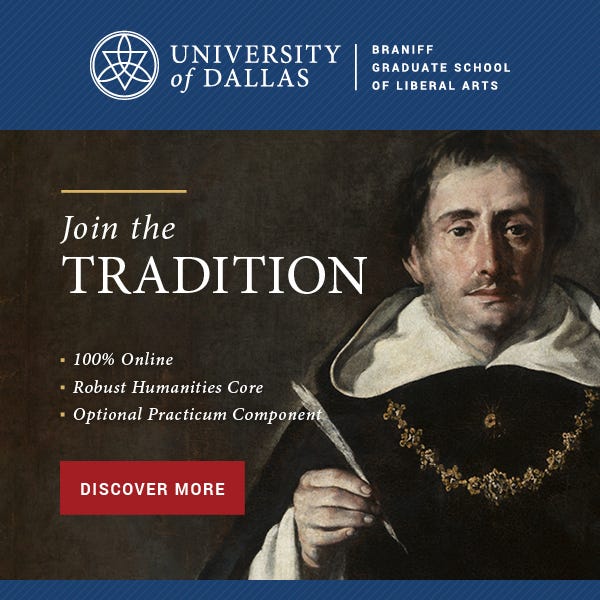As an Amazon Associate I earn from qualifying purchases
Lukianoff, Greg and Jonathan Haidt. The Coddling of the American Mind: How Good Intentions and Bad Ideas Are Setting Up a Generation for Failure. Penguin Books, 2019.
According to journalist Greg Lukianoff and social psychologist Jonathan Haidt, a combination of good intentions and bad ideas are preparing members of Gen Z (iGen) for intellectual, emotional, and civic failure. Their joint work, The Coddling of the American Mind, draws from multiple disciplines to identify the ideas and social trends that portend such failure and concludes with proposed remedies. While many of their suggestions are unsurprising, several will resonate with classical Christian educators.
Lukianoff and Haidt define coddling as overprotection and suggest it is an unintended—albeit typically well-intended—consequence of economic and technological progress. Nonetheless, they also contend that coddling American minds has its own unintended—and far-reaching—consequences. It is creating a generation of young people who cannot tolerate discomfort, who are averse to risk, who equate emotional discomfort with physical danger and who are, ultimately, both intellectually and emotionally fragile.
The authors contend that three bad ideas lie behind the coddling, ideas that contradict both ancient wisdom and modern psychological research and that harm the individuals and communities that follow them. They refer to these bad ideas as the “Great Untruths” and maintain that they are taught implicitly rather than explicitly in homes, high schools, and institutions of higher learning. The “Great Untruths” are:
The Untruth of Fragility: What doesn’t kill you makes you weaker.
The Untruth of Emotional Reasoning: Always trust your feelings.
The Untruth of Us Versus Them: Life is a battle between good people and evil people.
Lukianoff and Haidt provide evidence that individuals subscribing to the “Great Untruths” are prone to believe that failures, insults, and painful experiences do lasting damage and that emotional safety trumps all other considerations. Additional evidence indicates that individuals influenced by the “Great Untruths” are more susceptible to dogmatic groupthink.
The influences of the “Great Untruths” are most readily observed on college and university campuses where, in a number of cases, words and ideas have been deemed a form of violence. Words and ideas that have made some students uncomfortable are followed by demands that institutions protect all students from those words and ideas. In extreme cases, even requests for peaceful dialogue have been regarded as acts of violence, and physical violence is considered an appropriate response to words and ideas.
When the institutional mission of making students think is supplanted by the desire to make them comfortable, there are two conspicuous consequences. First, professors eliminate topics and readings from their curricula lest they make students uncomfortable and subject themselves to responses ranging from being called out on social media to demands for their termination. Second, any guest speaker espousing an ideology that could make students uncomfortable must be disinvited or run the risk of boisterous or even violent protest.
Social trends contributing to the coddling of American minds include increasing political polarization and the “outrage industry” associated with it, increasing adolescent anxiety and depression, overprotective parenting, a decline in unsupervised play, colleges and universities that treat students as customers, and notions of justice demanding equal outcomes rather than equal opportunities.
While many of these trends are familiar to readers, the trends of overprotective parenting and the decline of unsupervised play merit special consideration because they are consequences of a culture that Lukianoff and Haidt refer to as “safetyism.”
In a culture of “safetyism,” everything is dangerous and a good parent is one who believes his/her child is in danger every minute they are unsupervised. Lukianoff and Haidt suggest that the primary stimulus for “safetyism” is a media-amplified, overinflated sense of stranger danger and, while acknowledging the horrors of missing children, they provide evidence that children are actually safer today than they were in the 1970s. However, despite this evidence, many parents now consider anything less than 100% safe to be dangerous and their response is to implement additional safety measures. The results of overprotective parenting are that children miss opportunities to learn life skills, independence, and risk assessment.
An unsurprising consequence of overprotective parenting is the decrease in unsupervised play; such play implies the absence of adult supervision and often incorporates risk. Once again, the over-inflated fear of abduction is the major reason for the decrease in unsupervised play. However, there is one additional reason for its decrease and that is the college admissions process. When childhood becomes a protracted period of test preparation and children are required to engage in a “resume arms race,” they are deprived of opportunities for unsupervised play. As a result, they miss opportunities to experience risk; they are denied opportunities to resolve conflict themselves; and they develop a warped value system. In short, they are prepared academically, but they are unprepared to deal with ordinary, day-to-day problems.
Lukianoff and Haidt begin their recommended remedies by encouraging parents to engage their children in conversations about the “Great Untruths.” Additional correctives include the following: limiting and refining children’s device time, refusing to overschedule children, and ensuring children—especially high schoolers—have adequate sleep. Interestingly, they also recommend that high school graduates take a “gap year” before college. This “gap year” would allow recent graduates to work and learn away from their parents, improve interpersonal skills, and mature before moving onto a college campus.
Aside from the mention of the “Great Untruths,” there is nothing novel about the recommended correctives of the previous paragraph. However, Lukianoff and Haidt also offer three correctives that are distinctive features of classical Christian education: the cultivation of intellectual virtues, instruction in debate, and assigning readings and coursework that promote reasoned discussion. Each of these recommendations serves to reinforce the efficacy of classical Christian education to the broader educational community.
Lukianoff and Haidt identify themselves as left-leaning academics and The Coddling of the American Mind is not written with classical Christian educators in mind. However, their observations, analysis, and recommendations make this a worthy read for any classical Christian educator.
Paul Laywell is a native of Richardson, Texas. He earned both a Bachelor of Science and a Master of Science from Texas A&M University. Over the course of his teaching career, he has developed science departments at three different schools, having taught everything from seventh-grade Earth science to Advanced Placement Biology and Advanced Placement Chemistry. He has been a teacher at Covenant Christian Academy in Colleyville, Texas since 2006.




